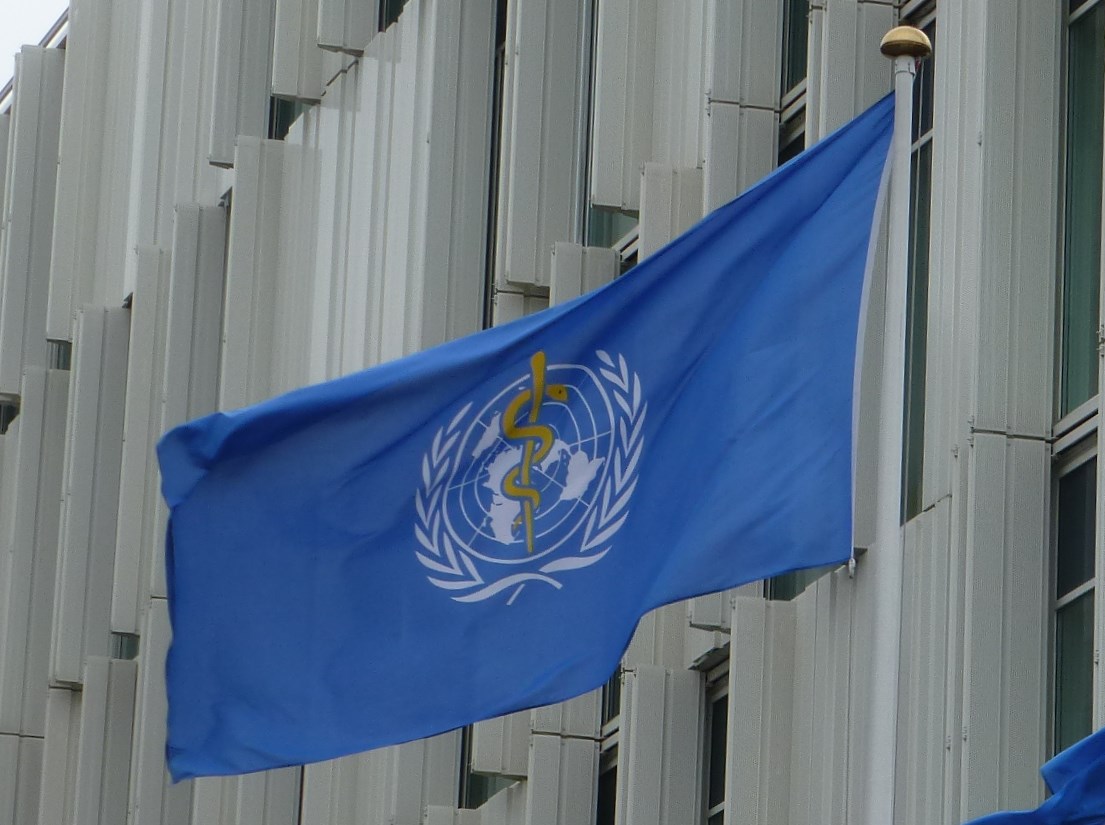UK meat industry welcomes WHO antibiotics guidelines – but Americans disagree
Representatives of the UK meat industry have welcomed the new World Health Organization (WHO) guidelines on the usage of antibiotics by farmers and the food industry, despite its American counterparts strongly criticising them.
The new guidelines aim to help preserve the effectiveness of antibiotics that are important for human medicine by reducing what the organisation calls “unnecessary use in animals”.
WHO has strongly recommended an overall reduction in the use of all classes of medically important antibiotics in food-producing animals, including complete restriction of these antibiotics for growth promotion and disease prevention without diagnosis.

“Healthy animals should only receive antibiotics to prevent disease if it has been diagnosed in other animals in the same flock, herd, or fish population,” the guidelines read.
“A lack of effective antibiotics is a serious a security threat as a sudden and deadly disease outbreak,” says Dr. Tedros Adhanom Ghebreyesus, director-general of WHO.
“Strong, sustained action across all sectors is vital if we are to turn back the tide of antimicrobial resistance and keep the world safe.”
According to the guidelines, where possible, sick animals should be tested to determine the most effective and prudent antibiotic to treat their specific infection.
Antibiotics used in animals should be selected from those WHO has listed as being “least important” to human health, and not from those classified as “highest priority critically important”.
These antibiotics are often the last line, or one of limited treatments, available to treat serious bacterial infections in humans, WHO clarified.
Industry reaction
The British Poultry Council (BPC) has welcomed the guidelines, which it said are fully in line with BPC’s Antibiotic Stewardship on sustainable use of antibiotics.

Richard Griffiths, chief executive of the British Poultry Council.
BPC chief executive, Richard Griffiths, highlighted that it is “critical for all livestock sectors to work together on the global challenge of antimicrobial resistance”, noting that since 2011, British poultry meat farmers have been following the WHO guidelines on the use of antibiotics critically important to human health.
He added: “We have stopped routine use of antibiotics, reduced the total use by 71% in the last four years and have significantly reduced the use of medically important antibiotics; including Fluoroquinolones by 72% and Macrolides by 77%. We have also stopped using 3rd and 4th generation Cephalosporins as well as Colistin.”
The National Pig Association (NPA) has warned that any further “unsubstantiated” restrictions in antibiotic use beyond those agreed under the new antibiotic targets could “make the problem worse”.
NPA noted that the UK livestock industry is “already making great strides in reducing antibiotic use”, adding that “figures collected via the eMB-Pigs database showed the pig industry cut use by 35% in 2016, with further reductions expected this year, while new targets require a 62% overall reduction between 2015 and 2020.”
NPA’s senior policy advisor, Georgina Crayford, said: “The use of critically important antibiotics (CIAs) for human health is already restricted as part of the Pig Veterinary Society prescribing principles.
“However, NPA is concerned that further unsubstantiated restriction of antibiotics available to the agricultural sector could lead to reliance on too few antibiotic classes and may increase the rate at which resistance could occur.”
In addition, the Responsible Use of Medicines in Agriculture (RUMA) alliance stated that the new guidelines are “largely consistent with UK farming’s direction of travel”, however, noting that they expose a number of “important differences between the global and the European – and specifically the UK – position”.
RUMA explained that antibiotics are “controlled by prescription in the UK and use for growth promotion was banned over ten years ago” and added that “UK Government and RUMA follow the European Medicines Agency – not WHO – guidelines on critically important antibiotics definitions.”
However, the US National Pork Producers Council denounced the new guidelines as “ill-advised and wrong”, arguing that “denying pigs, cows and chickens necessary antibiotics would be unethical and immoral, leading to animal suffering and possibly death, and could compromise the (US) nation’s food system”.

 BDCI launches ‘Lean on Us’ campaign
BDCI launches ‘Lean on Us’ campaign The Worshipful Company of Butchers to sponsor Team GB
The Worshipful Company of Butchers to sponsor Team GB
